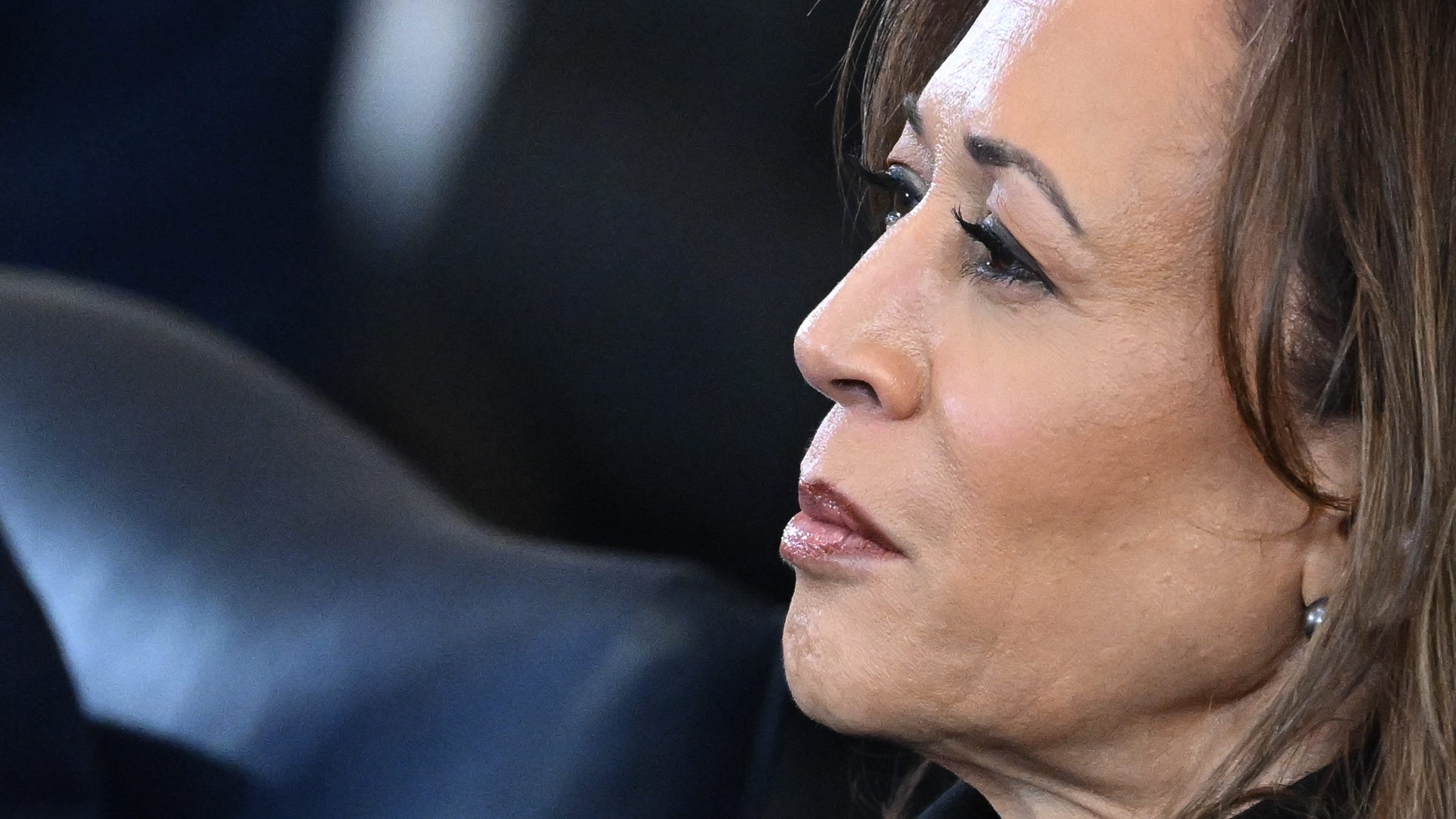Kamala Harris’ recent decision to forgo a run for California governor has ignited the highly anticipated 2028 Democratic presidential primary, significantly altering the political landscape for her party and her home state. Her declaration, delivered on July 30, emphasized a shift from elected office “for now,” a strategic move that immediately opened the door for a potential third bid for the White House. This strategic withdrawal from a state-level race signals a clear focus on national ambitions, reshaping the early calculus for numerous would-be contenders.
While the former vice president’s supporters remain steadfast, believing her brand is strong, her decision arrives amidst lingering questions regarding the party’s recent electoral performance and the ongoing debate about its future direction. Diehard supporters, like Los Angeles-based musician Ricky Davila, expressed unwavering pride in Harris, lamenting a “lost opportunity” for a transformative presidency. However, the broader political discourse, particularly after the 2024 election, includes discussions about former President Biden’s health, a factor that could influence future campaigns and voter sentiment.
The 2028 presidential election is already seeing early jockeying among several Democratic hopefuls. These potential candidates are actively laying groundwork through various means, including publishing new books, engaging in public appearances, and campaigning at rallies across the country. Harris’ choice to bypass the California governorship immediately propels her into a new round of speculation, forcing other contenders, left-leaning advocacy groups, and ultimately voters to re-evaluate their strategies and allegiances in this nascent race.
Longtime allies of Kamala Harris remain confident in her political future, emphasizing her talent and versatility. CNN commentator Bakari Sellers, for instance, suggested Harris has the freedom to pursue any path, including a 2028 or even 2032 presidential run, given her relative youth. Despite this optimism, a pre-decision poll from June indicated a slight dip in her hypothetical 2028 support, with other prominent names like Pete Buttigieg, Gavin Newsom, Josh Shapiro, and Alexandria Ocasio-Cortez emerging as significant contenders.
Harris’ re-entry into the national speculative arena risks reigniting discussions about her role and decisions during the Biden administration, a sensitive topic the Democratic Party has largely sought to avoid a public autopsy on following the last election cycle. Her stated commitment to “helping elect Democrats across the nation” will face its first major test in the upcoming gubernatorial races in New Jersey and Virginia, states she carried in 2024, offering an early indicator of her campaigning effectiveness and political influence.
Adding another layer to her strategic maneuvering, Harris also announced a forthcoming book, “107 Days,” detailing her abbreviated 2024 campaign. This memoir provides a platform for Harris to maintain a high public profile and re-engage with her base while potentially offering insights into her previous campaign, including her understanding of President Biden’s health during that period. Publishers are marketing it as a “page-turning account” with “surprising and revealing insights,” suggesting it will draw considerable political scrutiny.
The prospect of Kamala Harris running for president for a third time, however, does not imply an uncontested path. The Democratic Party is currently navigating a significant internal debate about its future trajectory, including discussions on how best to effectively challenge the opposition. A rising populist sentiment on the left, energized by figures like Zohran Mamdani, underscores a desire for shifts on key issues, such as the ongoing conflict in Gaza, an area where Harris faced criticism during her 2024 campaign.
Polls, such as one released by Data for Progress, highlight this ideological shift, with a significant majority of New York City Democratic voters expressing concerns about the situation in Gaza. This evolving landscape suggests that any future campaign by Harris would need to address these progressive concerns more directly. Furthermore, a new Harris campaign could lead to awkward scenarios where she would contend against individuals previously vetted as potential running mates, including Timothy Walz, who openly discussed the dynamics of the 2024 campaign.
With Harris out of the California gubernatorial race, the 2026 primary for that office has transformed into a wide-open contest, attracting numerous high-profile contenders. Among those expressing interest are former health secretary Xavier Becerra, former L.A. mayor Eric Garcetti, current Lt. Gov. Eleni Kounalakis, Riverside County Sheriff Chad Bianco, and former Rep. Katie Porter, a staunch progressive seen by many as poised to benefit most from Harris’ absence. A July 2 poll indicated Harris had a significant lead in the hypothetical California governor’s race, underscoring the impact of her withdrawal on that specific contest. The California primary system, where the top two finishers advance regardless of party, ensures a dynamic and competitive race in her wake.






Leave a Reply